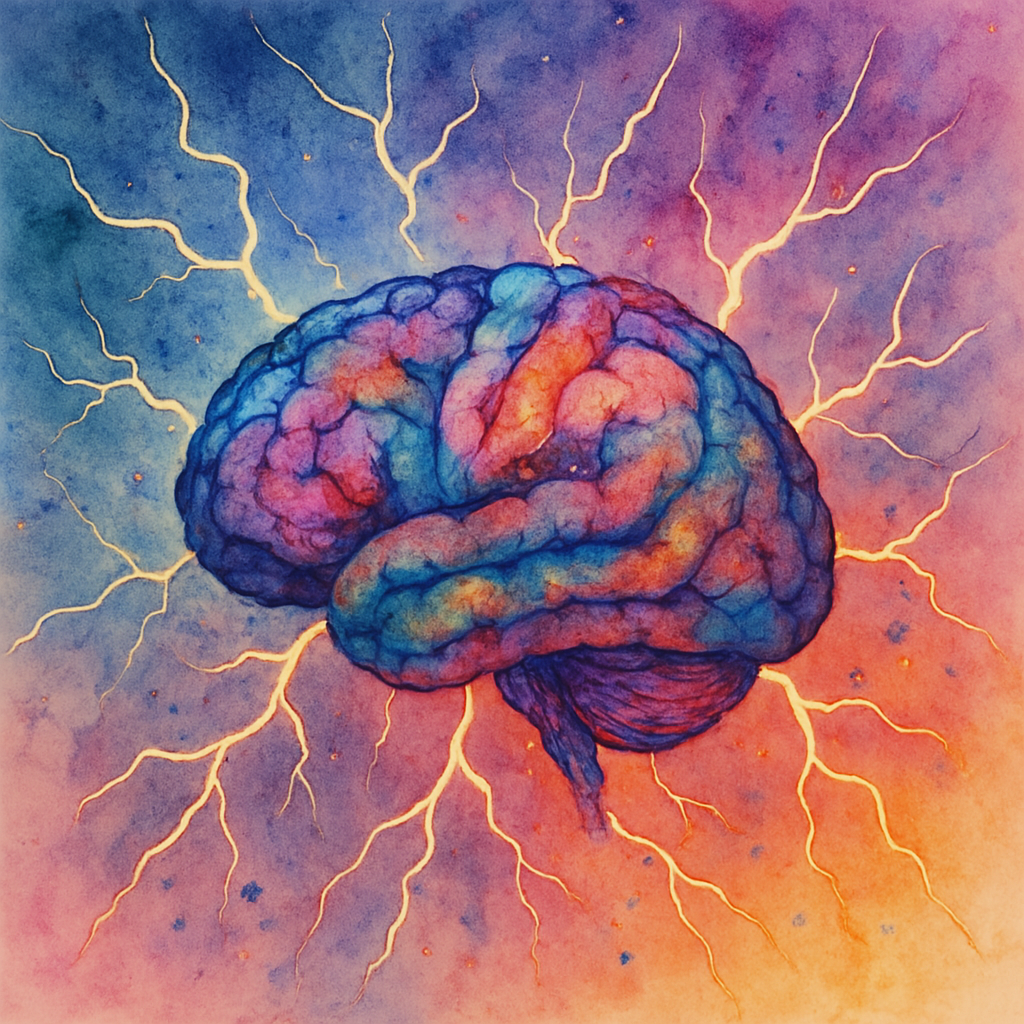My Background
My name is Rebecca Kinshella and I am a Licensed Professional Counselor Associate in the state of Texas. I’m supervised by Melodye Phillips, LPC-S, CEDS, PMH-C. I am passionate about mental health care, and aim to provide a safe environment for you to challenge yourself to become the person you hope to be.
I hold a Bachelor’s of Science in Biochemistry from the University of Tulsa, and a Master’s of Science in Counseling from Oklahoma State University. Because of this science background, I love learning how the brain and body interact to affect our mental well-being, and how we can harness that power to heal. I have experience in a variety of settings, including college counseling centers, inpatient units, and private practice.
My Therapy Approach
The Therapy Process
The counseling relationship is an interesting one in that it is both highly personal and at the same time, a defined, goal-directed process. Here is what to expect when entering into the therapy process with me:
-
Please email, call, or text me to schedule a free 15-minute consultation call. I can answer any initial questions you may have, as well as hear a bit about what is going on to determine if I may be a good fit for you at this time. I know it can be incredibly difficult to make this step - please know I try my best to make you feel heard and safe, even in this quick initial call.
-
1 session
I will send you some questionnaires and other documents to fill out before our initial session. Then we will meet for our first appointment where we will review these documents, discuss your history and current symptoms, and explore your initial goals. I will also provide you some simple exercises tailored to you to help you start to move towards healing.
-
3-5 Weekly Sessions
Research has repeatedly shown that the most important factor in successful therapy is a strong relationship between you and your provider. Therefore, this is our time to build that relationship. You want to walk away from this phase feeling that I “get you” or, if not, I will provide you with appropriate referrals (no hard feelings I promise!)
During this time, we will be working through your initial goals and trying out some different techniques to see what may be a good fit for you. While there are no guarantees in work like this, it is common that there is an initial reduction of the most distressing symptoms during this stage. -
1 session
At this point, we will reassess to see how therapy seems to be going. We will then take that information and work together to create a personalized treatment plan for you.
-
This is where the real work happens! We will start to use various strategies and therapeutic techniques to help you move towards your goals we defined above.
Every 6-8 sessions, we will reassess to make sure we are progressing and, if not, explore why so that we can redirect our efforts towards more productive work if needed.
-
I personally believe that my ultimate goal as a counselor is to “work myself out of a job.” Therefore, as the therapy process progresses, we will begin to space out our sessions to meet less and less frequently. This gives you an opportunity to try out new skills and utilize external support, while giving us a chance to problem-solve any issues that may arise.
Eventually, we will decide that you are at the end of needing my therapeutic support for this “chapter” of growth and change in your life, and will choose to terminate our relationship.
While saying goodbye can bring up big feelings, it’s also a sign that the work is working. You’ve built a life that feels like your own! I’ll always be here if you need me again, but my hope is that you’ll walk forward feeling more resourced, more grounded, and more you.
I believe counseling needs to begin with the end in mind. The ultimate goal is not just for you to feel safe in the therapy space, but for you to build a life that you feel safe and excited to live!
My Specialties
-

Eating Disorders/ Disordered Eating
-

Anxiety and Panic
-

Maternal Mental Health
Pricing
Individual Sessions (50 minutes): $125
Individual Sessions (80 minutes): $185
Couples Sessions (80 minutes): $185
Access to quality care is important to me. I therefore offer a dedicated number of pro-bono and reduced rate sessions per week based on need.
If the above rates do not feel accessible to you at this time, I invite you to request a reduced fee using this form.
